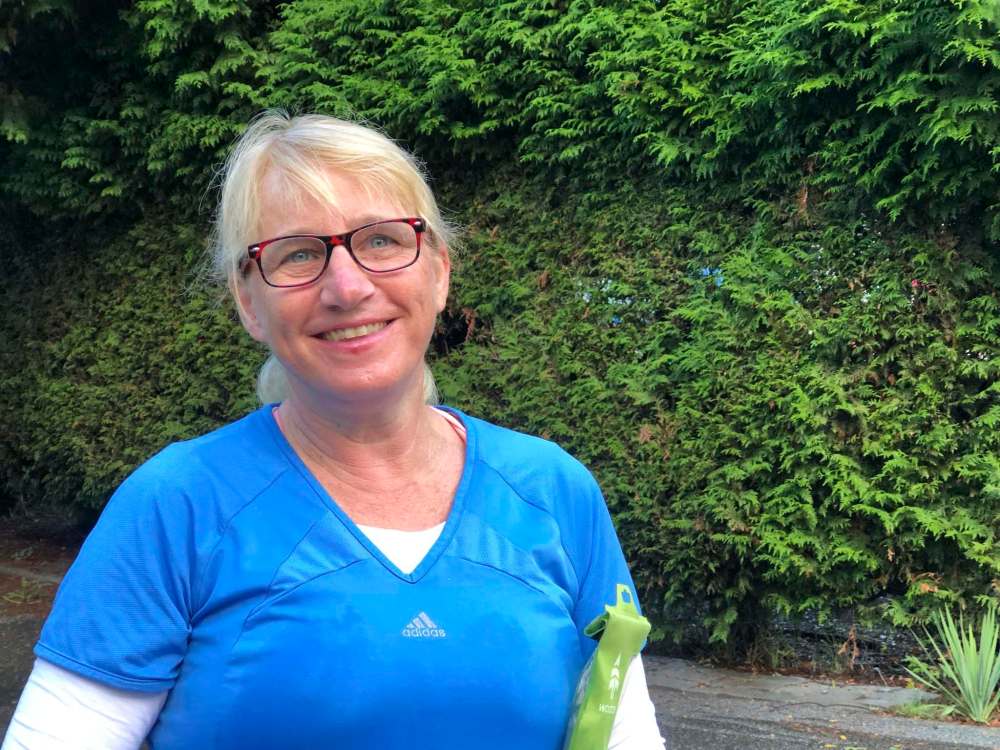B.C. becomes election battleground
Close races in many ridings make for West Coast wildcard
Advertisement
Read this article for free:
or
Already have an account? Log in here »
To continue reading, please subscribe:
Monthly Digital Subscription
$0 for the first 4 weeks*
- Enjoy unlimited reading on winnipegfreepress.com
- Read the E-Edition, our digital replica newspaper
- Access News Break, our award-winning app
- Play interactive puzzles
*No charge for 4 weeks then price increases to the regular rate of $19.95 plus GST every four weeks. Offer available to new and qualified returning subscribers only. Cancel any time.
Monthly Digital Subscription
$4.99/week*
- Enjoy unlimited reading on winnipegfreepress.com
- Read the E-Edition, our digital replica newspaper
- Access News Break, our award-winning app
- Play interactive puzzles
*Billed as $19.95 plus GST every four weeks. Cancel any time.
To continue reading, please subscribe:
Add Free Press access to your Brandon Sun subscription for only an additional
$1 for the first 4 weeks*
*Your next subscription payment will increase by $1.00 and you will be charged $16.99 plus GST for four weeks. After four weeks, your payment will increase to $23.99 plus GST every four weeks.
Read unlimited articles for free today:
or
Already have an account? Log in here »
Hey there, time traveller!
This article was published 20/09/2021 (1575 days ago), so information in it may no longer be current.
PORT MOODY, B.C. — Gillian Marshall felt a lot of pressure as she tried to decide whether to vote strategically, and even which party would be most likely to win.
Her riding, Port Moody-Coquitlam, was won by just 153 votes in the 2019 election, the tightest margin in the country.
“There’s a big push here to do strategic voting, but you also want to vote with your heart,” said Gillian, who isn’t thrilled a Liberal-NDP vote split last time had brought a Conservative into power.
“It leads to this exact scenario, when you have a mix of different affiliations.”
Her district is again a three-way race, and among a handful of British Columbia ridings where demographic changes and economic pressures have made the province an electoral wildcard.
The upshot could be a greater voice in Parliament for the west.
Canadians often know who will form government before Manitoba’s votes are even counted, but tight numbers in national polling mean every riding counts.
“Western Canada matters this time around,” said Hamish Telford, a political-science professor at the University of the Fraser Valley.
“B.C. is politically very divided,” he said. “It’s starting to look interesting.”
• • •
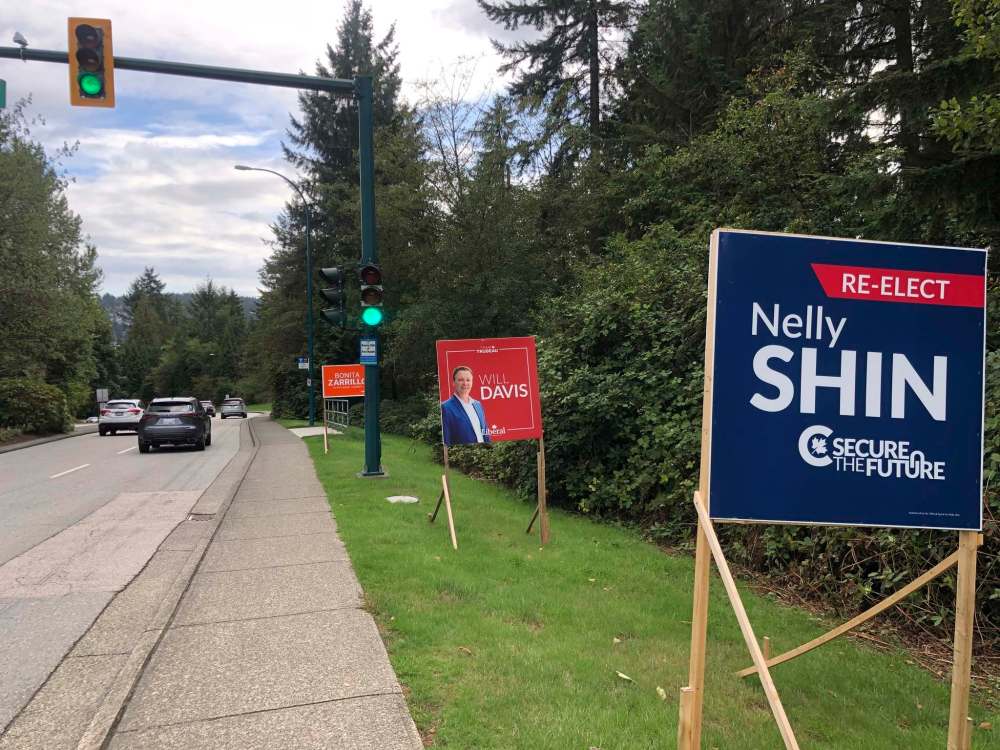
Lily Joy recalls lying on her bed, with multiple fans going in an attempt at relief from June’s heat wave.
In a part of the country where few have ever needed air conditioning, Joy recalls it being hard to move or even breathe, thanks to stifling heat and haze from multiple wildfires.
“It was literally the worst thing I’ve experienced,” said Joy.
The coroner linked the extreme heat to 815 deaths, and fires decimated the village of Lytton.
Just a year prior, Joy was remarking at how the first COVID-19 lockdowns seemed to bring about cleaner air, and healthier wildlife.
“Clearly we can make a difference, but we’re not going to do it if there’s not a pandemic, obviously,” she said.
“It was inspiring and upsetting at the same time.”
Joy is voting for the NDP based on their climate platform, as is her friend Mark Fowler.
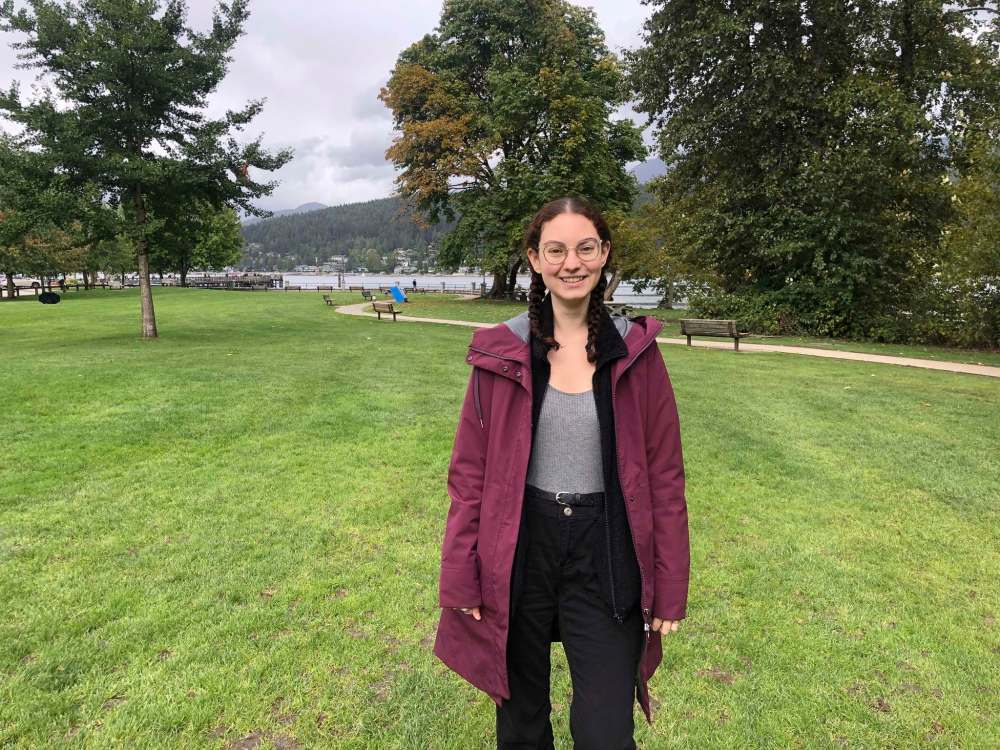
“It’s very worrying to think in our lifetime we could have some irreversible effects,” said Fowler, who grew up in a home that backs on to a pristine forest.
“I want to become a dad, and the fact I might not be able to give a child that kind of life is really concerning.”
The two live in Coquitlam, a suburb 30 kilometres west of Vancouver, where streets of detached houses are dwarfed by glass condominium towers.
Both the city’s ridings were decided by fewer than 400 votes in 2019, and all three large parties have backing throughout different neighbourhoods, instead of concentrated clusters of support.
Wedged between one neighbour supporting the Liberals and another voting NDP, Lance Smith says he’s opting for the Conservatives over accountability issues, and natural resources.
Smith has both a pickup truck and an electric car, and argues not enough is being done to harvest natural resources.
He’s confused that there aren’t widespread tax credits for solar panels, which he argues could be paid for by the proposed pipelines that remain unbuilt.
“I’m concerned about the environment, but I think Canada is small potatoes when you look where things at globally,” Smith said, adding that the Liberals’ firearms policies have riled up his friends in rural B.C.
“If they get a majority out of this, I think you’re going to see that Wexit movement drive right up.”
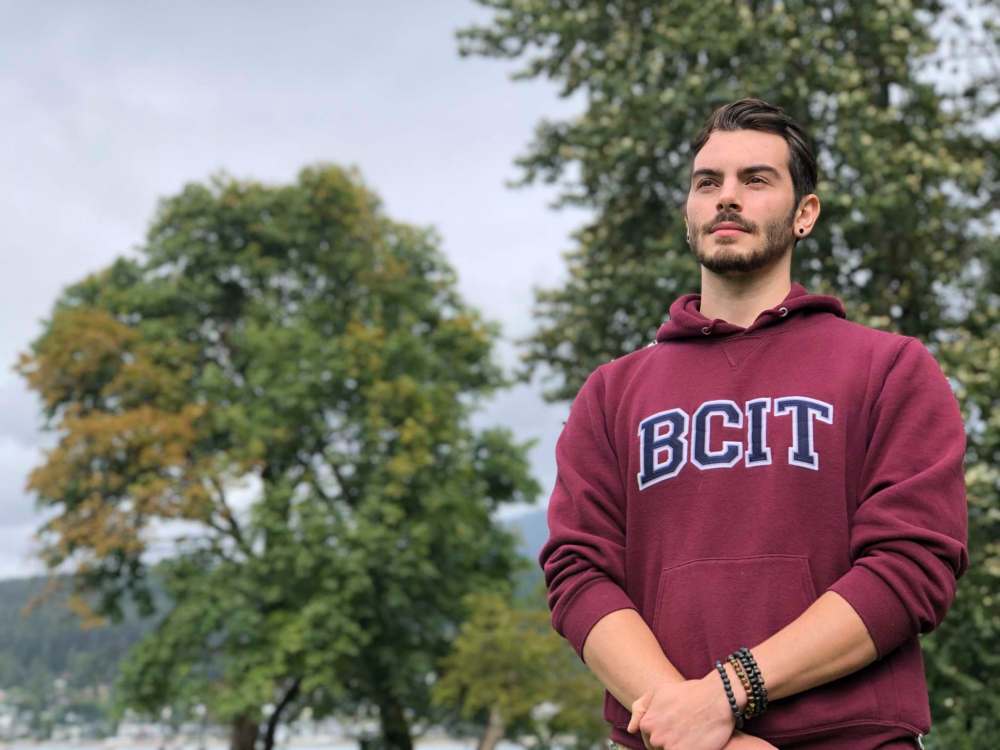
Darrick Tisseur isn’t so convinced. A local hunter, he says he’d rather not have antique guns banned, but he’s all for clamping down on the handguns used in brazen shootings around Vancouver.
In recent months, people have been shot in a skatepark, a restaurant parking lot and a shopping mall, in incidents often linked to gang activity. Tisseur said he switches between the two big parties, but is voting Liberal because he finds the Conservatives platform less thought-out.
He’s baffled that none of the leaders are raising the alarm about the opioid crisis, which has caused 7,760 deaths in B.C. since 2016, when the province declared a public-health emergency.
Local officials have called on Ottawa to exempt B.C. from small possession charges, arguing it would help people access treatment, and have their drugs checked for deadly traces of fentanyl.
“I wish they’d put forward a detailed plan to fix homelessness, and help drug-afflicted people,” Tisseur said.
Others voters express anger over the decades-old “leaky condo crisis,” which has cost billions since the 1980s to retrofit apartment buildings that locked in moisture, due in part to federal building codes.
National regulations emphasized sealing exterior walls to keep insulation dry and homes warmer in the winter, but this backfired in the mild, damp climate of B.C., where these standards locked rainwater into the walls. The issue is virtually unheard of outside B.C.
Tisseur hopes whoever wins will take stock of concerns west of Ontario.
“They often don’t hear our issues out west.”
• • •
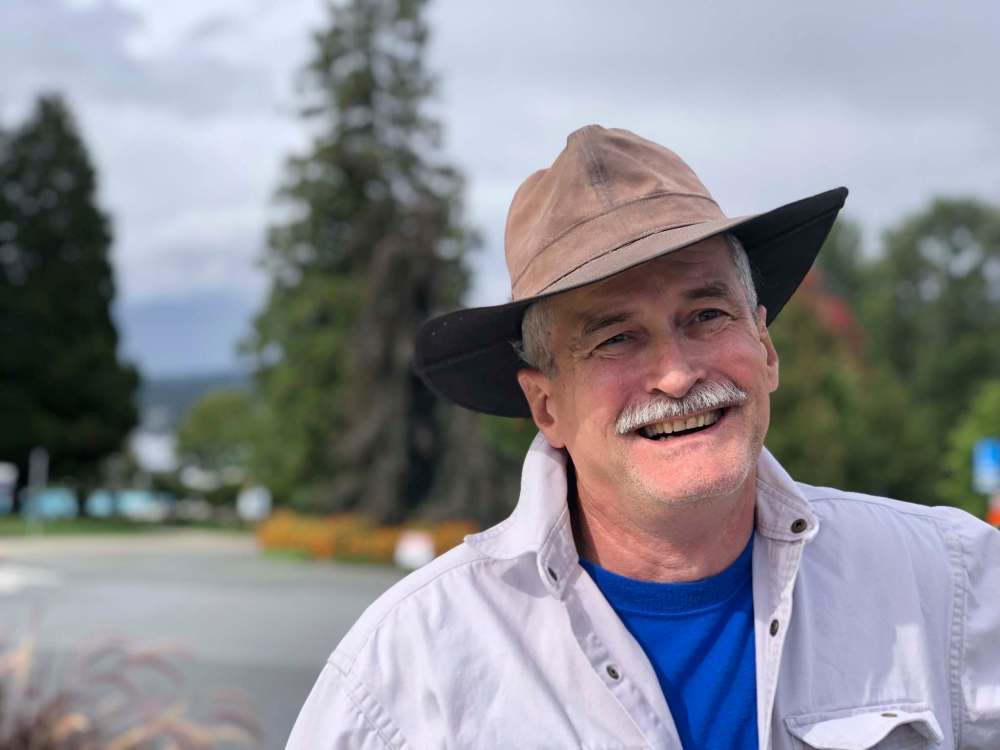
Vancouver resident Devin Vranckaert earns a decent wage as an engineer for a provincial government department.
Yet he has seven roommates.
“I’ve had a steady wage increase every year, but it’s just been outpaced.,” said Vranckaert, whose girlfriend works at a non-profit, and has just two roommates.
Their salaries price them out of a slew of existing housing supports, but they can’t seem to find an affordable place to put down roots together.
None of the party platforms seem to address that bind, and friends have moved to places hours away, like Kelowna.
“We’re in our early 30s, so in the next few years we’re going to have to make a decision, whether we stay or go.”
Vancouver’s home and rental prices are notorious, driven by zoning codes that favour detached, single-family houses, a dearth of low-income units, and foreign buyers parking their money in unused properties.
The riding of Vancouver Granville includes multi-million dollar homes and luxury cars with learner-driver stickers, as well as blocks of low-rise apartments where one-bedroom rentals start at $2,150 per month.
The incumbent is Jody Wilson-Raybould, who resigned from the Trudeau cabinet in the SNC-Lavalin scandal, and went on to win the riding as an independent by six points in 2019. She opted against seeking re-election this year, arguing the state of Parliament makes it impossible for backbenchers to have an impact.
“I admired what she did,” said Natalie Barnes. “It’s really unfortunate she chose not to run.”
The Liberal candidate, Taleeb Noormohamed, was widely seen as the most likely winner for the first two weeks of the campaign. His party is proposing a tax on house-flipping, which involves buying a property, renovating it and reselling it at a higher cost.
Then news broke that Noormohamed himself had flipped dozens of houses, turning around at least 21 within a year.
“That hasn’t landed well,” laughed Barnes, whose riding now polls as a two- or even three-way race.
She wishes all the parties provided more details on their strategies for making life more affordable, whether it’s housing or daycare.
“The idea of $10-a-day daycare sounds appealing upfront, but I worry if they’re not incentivizing daycares to adopt that program, the centres will choose to close.”
Kyleigh Jacobsen, who works in the city’s film industry, spends half her paycheque on renting a small apartment with her boyfriend.
They used to drive a half-hour into the city, but with gas costing upwards of $1.50 per litre, they’re trying to save by living central and commuting.
“I couldn’t do it alone. I don’t know how people live in the city by themselves,” she said.
• • •
At the Fort Langley farmers market, Maureen Rose remarks at how quickly her town is growing.
“Politically we’re the wild west, very influenced by Christianity — but that’s changing,” said Rose.
Fort Langley sits 45 kilometres southeast of Vancouver, just off the Trans-Canada highway. Rose moved to the town from Ontario in 2015, just as a demographic shift started to take hold.
The Fraser Valley is made up of historical towns with old trees covered with moss and English ivy. Those towns are surrounded by growing subdivisions, some of which have sprawled right up to vineyards.
Much of the Fraser Valley voted for the Conservative party and its predecessors for decades. That was until 2015, when some ridings went to the Trudeau Liberals.
Telford chalks that up to the influx of families, as places like Abbotsford and Chilliwack have gone from being known for their variety of churches to affordable neighbourhoods.
“As Vancouver has grown out, it’s kind of absorbed Langley, as a lot of younger families have moved out of Greater Vancouver.”
Chelsey Higgins grew up in nearby Mission, where until recently she was one of the few who would consider voting NDP.
“With COVID, even more people moved from the city out to more rural areas, and maybe that will help to make that change,” she said.
“It’s still that Bible Belt mentality out here.”
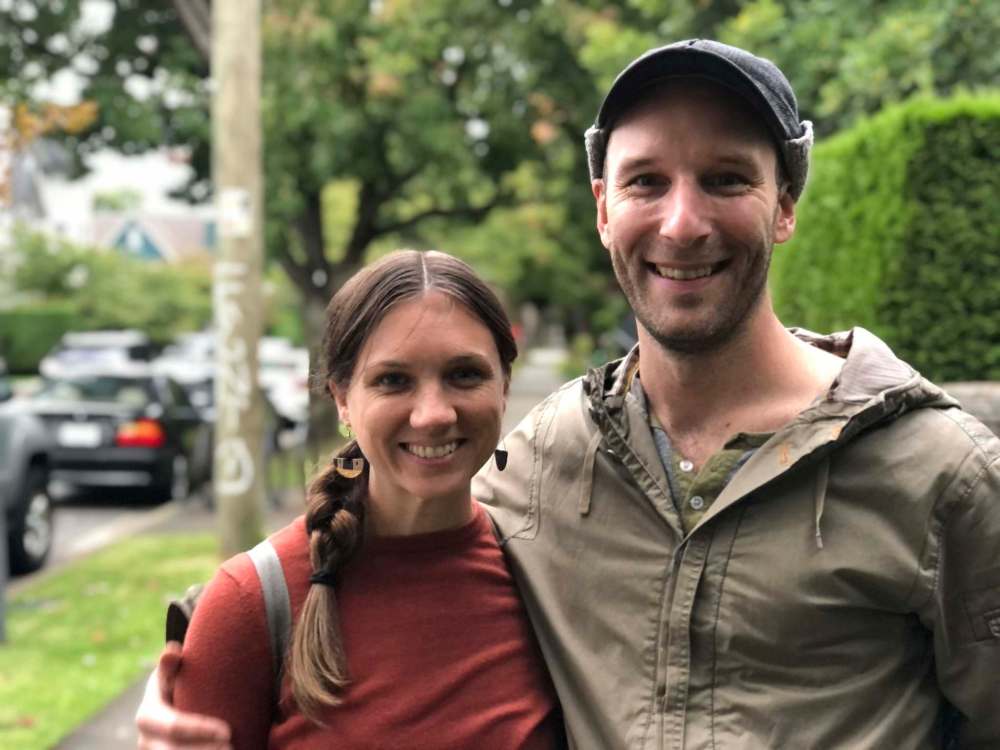
One of the area’s Conservative incumbents, Tamara Jansen, came under fire in April for praising anti-gay conversion therapy, citing a Bible verse that referred to “unclean” things and telling the Commons about a young woman who “did not want to continue her lesbian activity.”
Jansen supporters downplayed that incident, saying it was blown out of proportion and distracts from fiscal issues.
Just outside her riding sits Trinity Western University, an Evangelical university that faced numerous court cases over a student pledge it eventually made optional, which would have students suspended if they had gay sex, or sex before marriage.
“There is still that base community there that allows a Tamara Jansen to win, but it’s a difficult one for a social Conservative to hold, given the demographic changes,” Telford said.
Local retiree Al Smith votes Conservative, but says he’d rather people focus on building more housing and balancing the budget than on debating social issues.
“In the Bible, all debts were to be forgiven in seven years. Good luck working that out with all the spending we’ve been doing.”
• • •
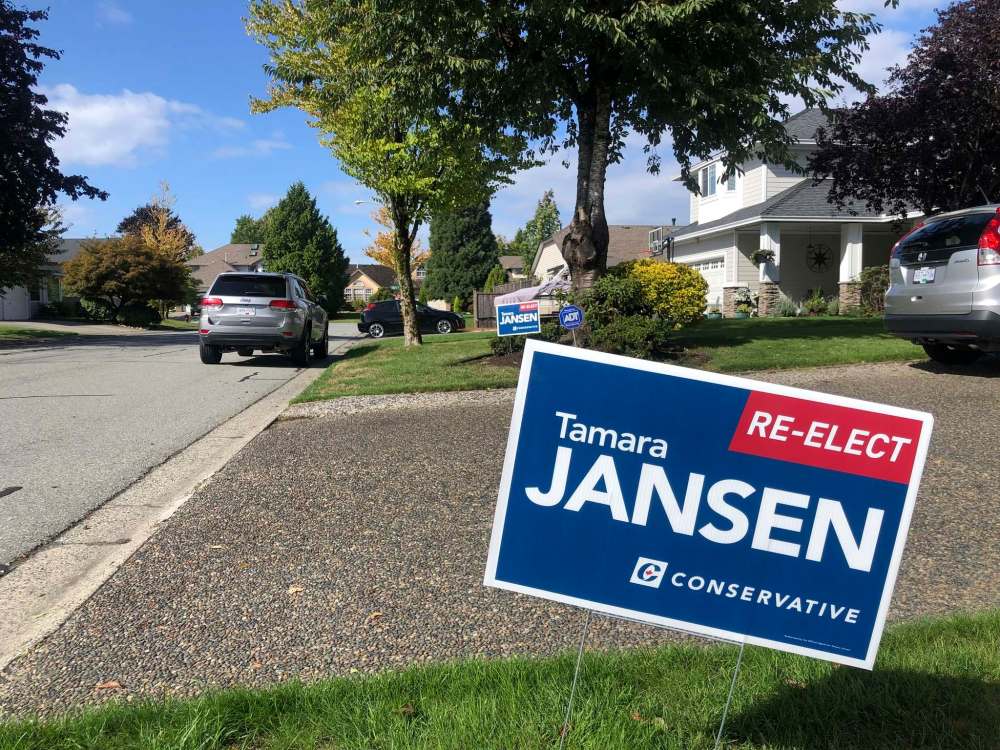
Vancouver Island resident Barri Rudolph cringes at the name of the Liberal leader.
“I don’t really want to look at Justin Trudeau’s face anymore,” said Rudolph, who can’t fathom why anyone would vote Liberal after this summer’s heat wave.
Rudolph has voted for different parties in the past, and is baffled by infighting in the federal Green party, whose stronghold surrounds the southern tip of Vancouver Island.
She’s also dismayed by the provincial NDP government allowing old-growth logging in that area. But she can’t imagine voting for the Liberals, despite their climate plan getting endorsements from economists and researchers.
“Climate change is definitely happening, in everyone’s mind,” said Rudolph, who can’t square climate action with the Liberals purchasing the Trans Mountain pipeline in 2018, to try guaranteeing its expansion.
The Green party wants the project scrapped, while NDP Leader Jagmeet Singh has been evasive on what to do with it, throughout the campaign.
Telford said that’s because the NDP rely on support from both the eco-minded south side of Vancouver Island, and its industrial north, where working-class voters depend on union jobs linked to pipelines and resource extraction.
“The image of B.C. as eco-friendly, leftist warriors — there’s an element of truth to that, if you go to certain B.C. communities,” he said.
“But that support is very regionally specific. B.C. is politically very divided.”
The result is tight ridings that will likely make many B.C. residents the last to know whom they elected.
B.C. ridings account for seven of the top 10 for special ballots, which are requested in advance and won’t be counted until Tuesday, a day after the election.
Those ballots could belatedly determine tight B.C. races.
“We might not have results right away from B.C.,” said Elections Canada spokeswoman Marie-France Kenny.
The Victoria riding was won by just 2,382 votes in 2019, and 12,638 voters got a special ballot this year.
“In Victoria, it may be a few days with all the safeguards and everything in place, for them to count (ballots),” Kenny said.
With polls so tight in Ontario and Quebec, the NDP could theoretically hold the balance of power in the House.
If so, the party would be relying on its B.C. MPs, which would give the province’s issues more prominence in the Commons.
Jen VanderBeek is thrilled by the idea of the rest of Canada waiting on the edge of its seat, as B.C. make decisive calls.
“They’re finally paying attention to us,” she said.
“We’re sort of the middle child; the forgotten one on the end here,” said VanderBeek. “We’re not just your vacation spot.”
She places her fists on her hips. “What would a middle child say to the rest of Canada?” she asks, nodding her head left to right, laughing.
“Stop overlooking me! Don’t take me for granted!”
dylan.robertson@freepress.mb.ca
History
Updated on Monday, September 20, 2021 1:12 PM CDT: Changes "southwest" to "southeast"
Updated on Monday, September 20, 2021 1:34 PM CDT: Fixes typo in quote


